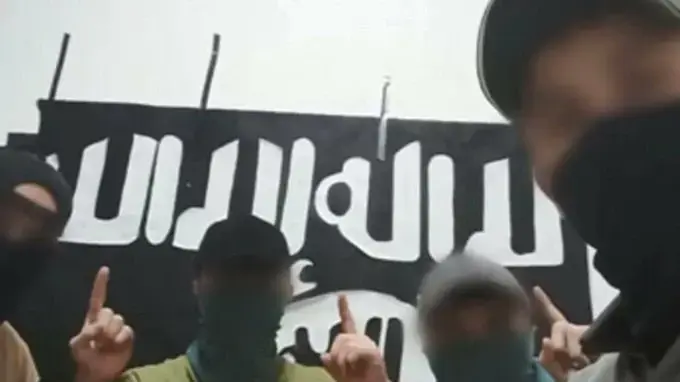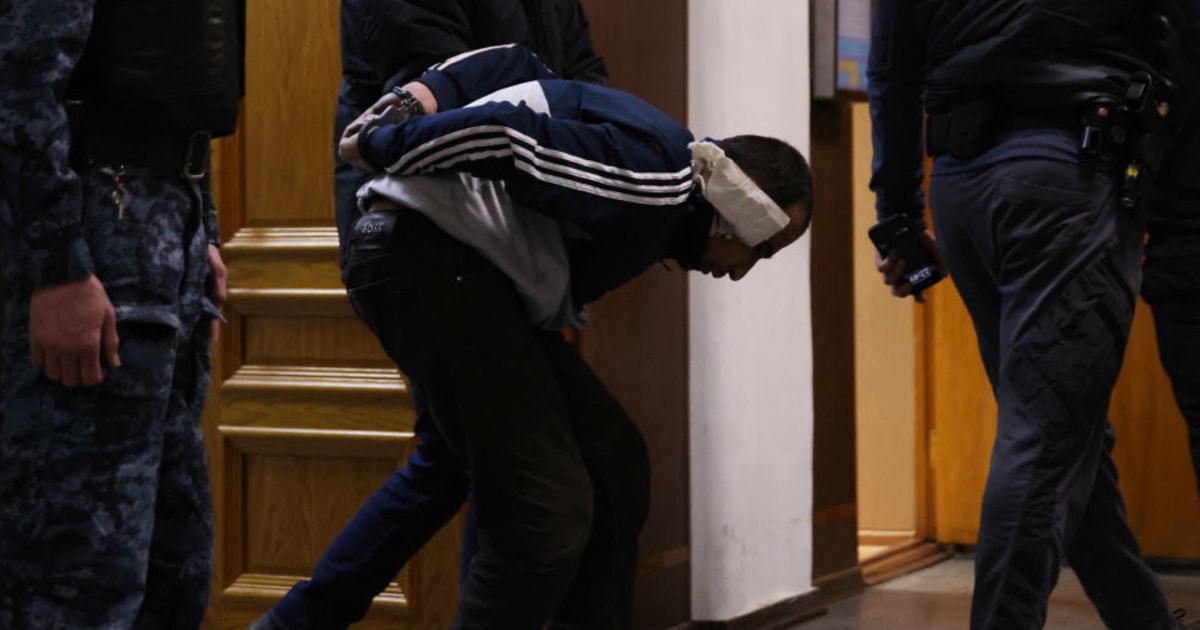Iran, the great Shiite power, has not recognized the Taliban (Sunni extremists).
However, the statements of its senior officials give clear signals of the approval of the Islamic Republic to the recently restored Islamic Emirate of Afghanistan.
Iranian President Ebrahim Raisi has celebrated "the shameful defeat of the United States" in that country and declared that the new situation "must become a new opportunity to regain life, security and peace."
More information
Brussels hopes to resume the negotiation of the nuclear pact after resuming contacts with Iran
OPINION |
Relay in power in Iran with rough waters
Especially relevant is the position of
Maulana
Abdul Hamid Ismaelelzahi, the Imam of the Friday prayers of the Sunnis in Zahedan, the capital of Sistan and Baluchistan province, in southeastern Iran.
The cleric has praised "the enormous and remarkable victory of the Taliban" over "the invading occupiers and the puppet government, incompetent and mired in corruption."
According to him, "the Taliban of today are not those of 20 years ago."
Ismaelelzahi's statements acquire greater importance because he is the representative of Ayatollah Ali Khamenei, the Iranian Supreme Leader, in that strategic border region with Afghanistan and Pakistan.
The population of Sistan and Baluchistan is predominantly Sunni and follows the Hanafi school, the same as the Taliban.
Significantly, the Iranian Embassy is one of the few that is still active in Kabul, indicating a certain level of harmony between Tehran and the Sunni extremist group.
However, relationships have been through many ups and downs from past resentment to affection today.
The massacre of Iranian diplomats in Mazar-e Sharif following the 1998 takeover of the city by the Taliban marked Iran's relationship with the first Islamic Emirate.
Tehran also accused them of turning a blind eye to the trafficking of arms and drugs from their territory and of the closure of the Helmand River, whose lower course irrigates the Iranian southeast.
Join EL PAÍS now to follow all the news and read without limits
Subscribe here
Still, the turn of Iranian diplomacy with regard to this Islamic fundamentalist group is not surprising.
To understand this, you have to go back to October 2001 when the US invaded Afghanistan and had the tacit support of Tehran, which did not tolerate a Sunni regime supported by the Saudis on its eastern borders.
Instead of the expected payoff from Washington, the Iranians found that President George W. Bush included them in his "axis of evil" alongside Iraq and North Korea.
Since then Iran has followed the principle that the enemy of my enemy is my friend.
A simple and at the same time effective principle for Iranian foreign policy with clear results in Iraq and Syria.
At the same time, during the Donald Trump administration, the US increased its pressure on Pakistan to limit the Taliban's access to finance and weapons.
This policy further facilitated the approach of the fundamentalist group to Tehran in search of an alternative ally.
On the other hand, Iran never had good relations with the Ashraf Ghani government, due to the US bases in western Afghanistan and the construction of the Kamal Khan dam on the Helmand River, which reduced the water in the east of the country.
At the dam's inauguration last March, Ghani offered to exchange "water for oil," something the Iranians did not like.
Tehran has intensified its relations with the Taliban in recent years, even at the cost of damaging its image among the Hazara, a Shiite Persian-speaking minority, and the Tajiks, another Persian-speaking minority with strong cultural ties to Iran, who view this approach to the Sunni extremists, with strong Pashtun roots (the majority ethnic group in Afghanistan).
The Iranian authorities are aware that they do not yet have a great influence on the internal structure of the Taliban, but they trust that they will fulfill their promises to respect the rights of the Shiite minorities.
The Iranian strategy is quite clear: any group in the Middle East that opposes the presence of foreign forces, especially the US, is a potential ally.
Follow all the international information on
and
, or in
our weekly newsletter
.

/cloudfront-eu-central-1.images.arcpublishing.com/prisa/ZRWCWQSPIHUUI4GAJEUIC34QFE.jpg)










